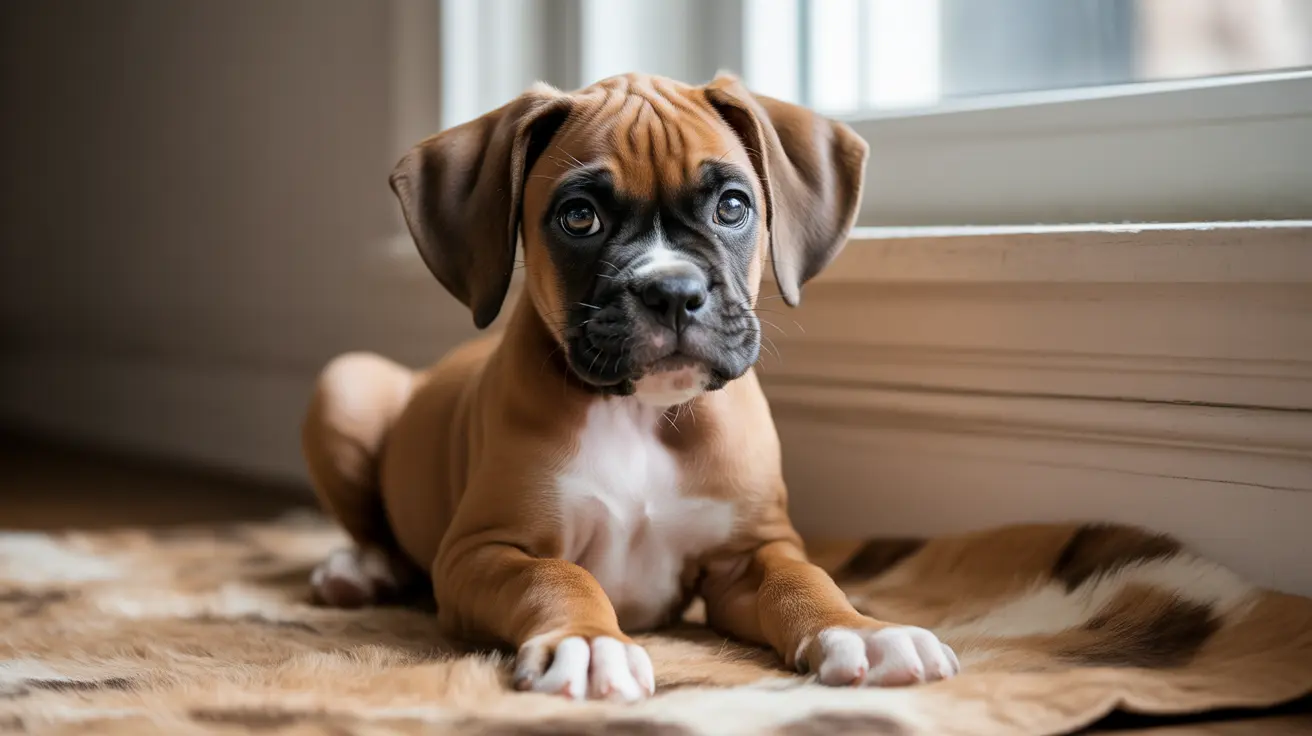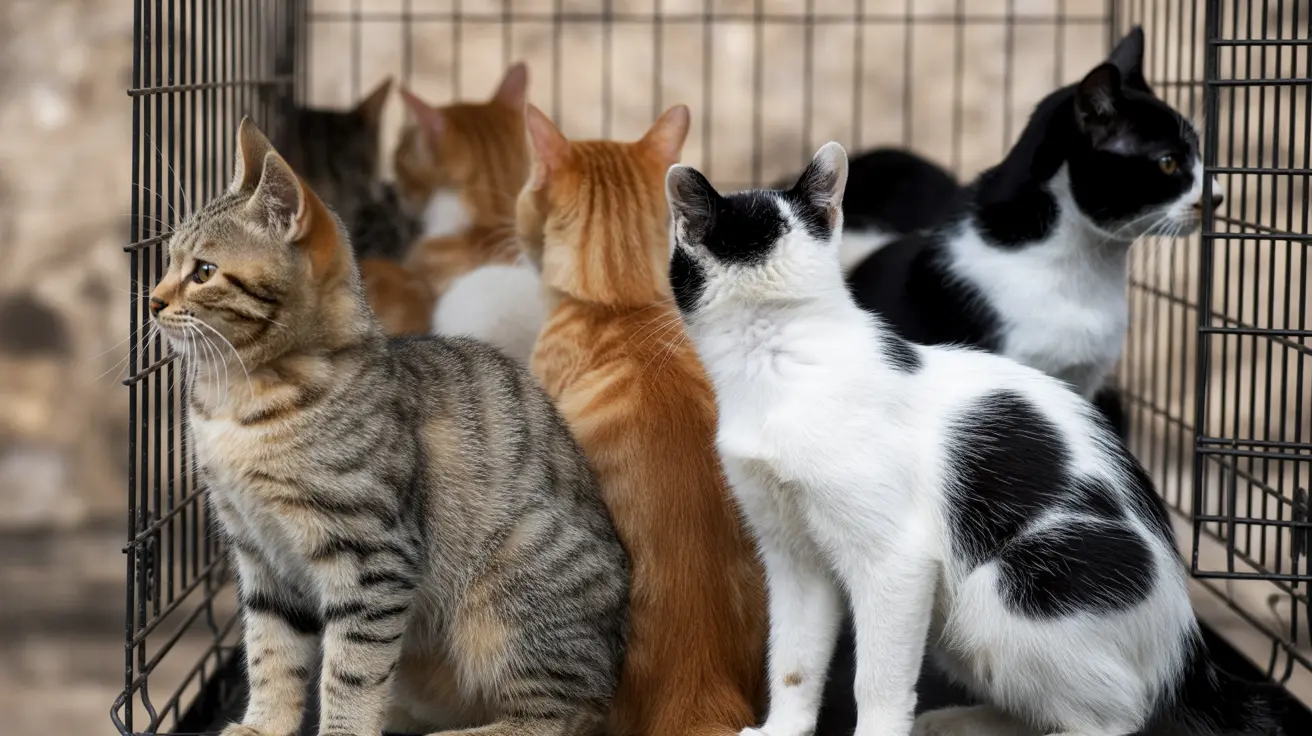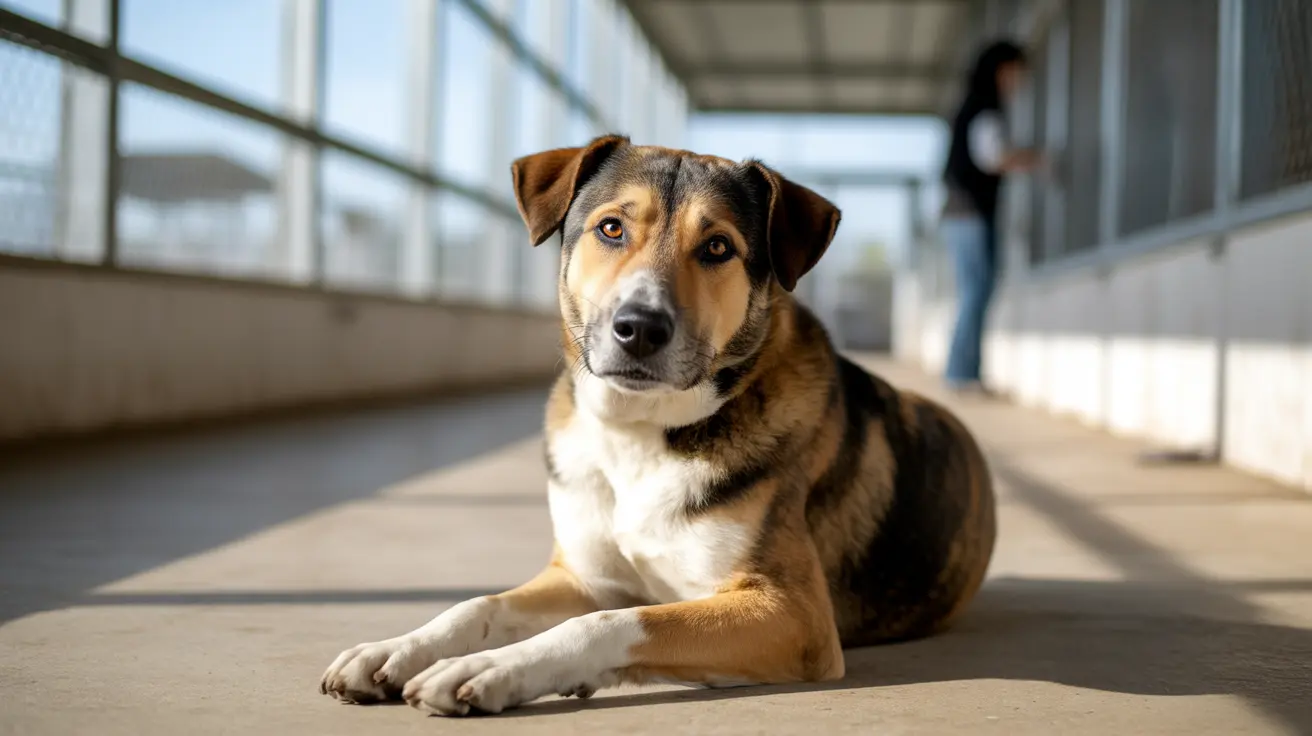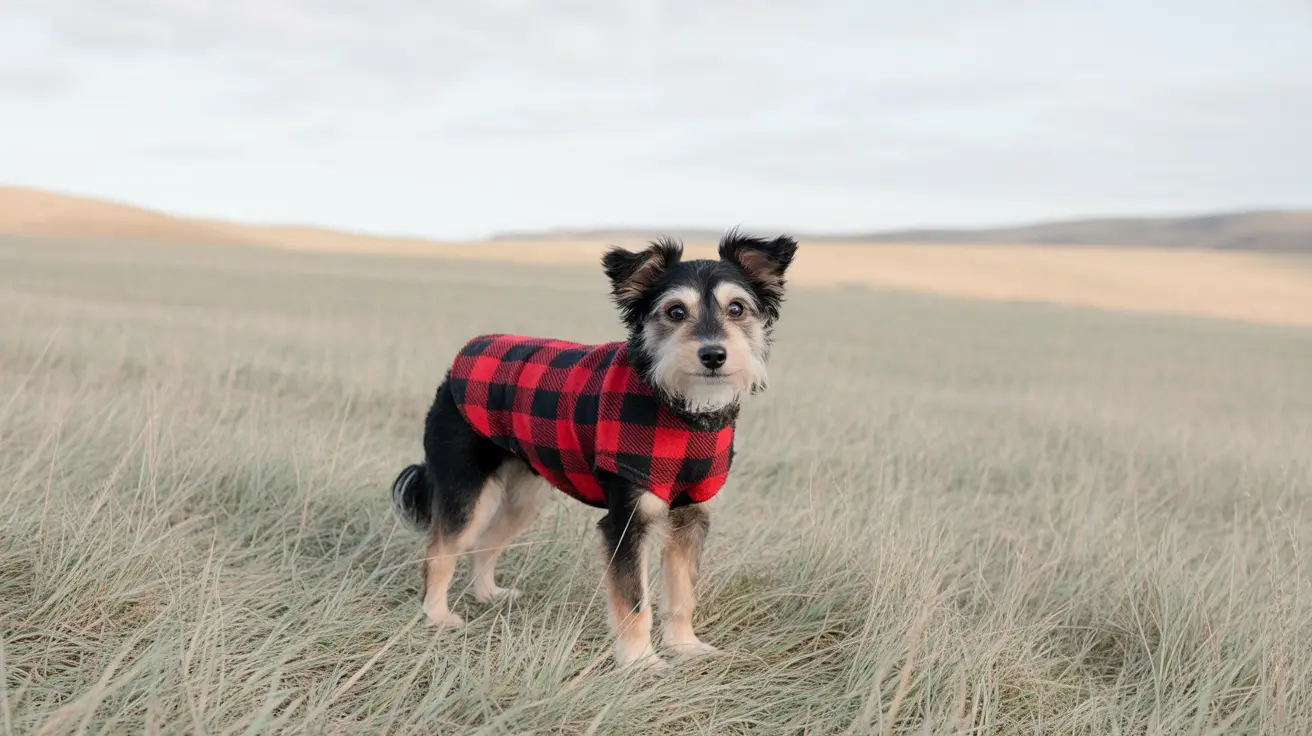The First Two Weeks: Life in Silence
Newborn puppies begin their life in a silent world. Their ear canals remain closed for approximately the first two weeks after birth, protecting their delicate developing auditory system. During this time, puppies rely entirely on their sense of touch and smell to navigate their environment and find their mother.
The Emergence of Sound: Weeks 2-3
Between 14 and 18 days after birth, an exciting change occurs - puppies' ear canals begin to open. This marks the beginning of their auditory journey, though their hearing isn't immediately perfect. At first, they may only react to very loud or sudden noises.
Around the third week, puppies start showing more consistent responses to sounds in their environment. You might notice them turning their heads toward noises or startling at unexpected sounds.
Developing Acute Hearing: Weeks 3-8
From week three onward, puppies' hearing rapidly improves. By eight weeks of age, their auditory system becomes fully functional, and they develop hearing abilities that far surpass human capabilities. Adult dogs can hear frequencies up to 45,000 Hz - more than twice what humans can detect!
Signs Your Puppy Is Beginning to Hear
Watch for these indicators that your puppy's hearing is developing normally:
- Startling at sudden noises
- Turning head toward sound sources
- Responding to their name
- Reacting to whistles or high-pitched sounds
- Showing interest in noisy toys
Supporting Healthy Hearing Development
During this crucial period, you can help support your puppy's auditory development by:
- Providing gentle exposure to various everyday sounds
- Speaking softly and consistently to your puppy
- Avoiding extremely loud noises that might cause stress
- Creating a calm, nurturing environment
- Monitoring their responses to ensure normal development
Monitoring for Potential Issues
While most puppies develop normal hearing, it's important to watch for potential problems. Contact your veterinarian if your puppy:
- Doesn't respond to sounds by three weeks of age
- Shows delayed or unusual reactions to noise
- Appears unresponsive when called from behind
- Sleeps through loud noises
Frequently Asked Questions
When do puppies start to hear sounds after birth?
Puppies begin to hear sounds around 14-18 days after birth, when their ear canals start to open. Their hearing becomes progressively better over the following weeks.
How does a puppy's hearing develop in the first 8 weeks?
Puppies progress from complete deafness at birth to fully functional hearing by eight weeks. The process begins with ear canal opening at 2-3 weeks, followed by gradual improvement in sound recognition and localization.
What signs show that my puppy is beginning to respond to noises?
Early signs include startling at loud sounds, turning toward noise sources, responding to their name, and showing interest in sound-making toys or activities.
How can I safely expose my puppy to sounds during their hearing development?
Introduce various household sounds gradually and at a reasonable volume. Start with gentle sounds and slowly expose them to normal daily noises while monitoring their reaction and comfort level.
What could indicate hearing problems or deafness in a young puppy?
Warning signs include lack of response to sounds after three weeks of age, failure to wake up to loud noises, and not reacting when called from outside their visual field. If you notice these signs, consult a veterinarian.
Conclusion
Understanding when and how puppies develop their sense of hearing is crucial for proper care during their early weeks of life. By monitoring their progress and providing appropriate sound exposure, you can help ensure your puppy develops healthy hearing and confident responses to their environment.
Remember that while most puppies follow this general timeline, individual development can vary slightly. If you have any concerns about your puppy's hearing development, don't hesitate to consult with your veterinarian.






